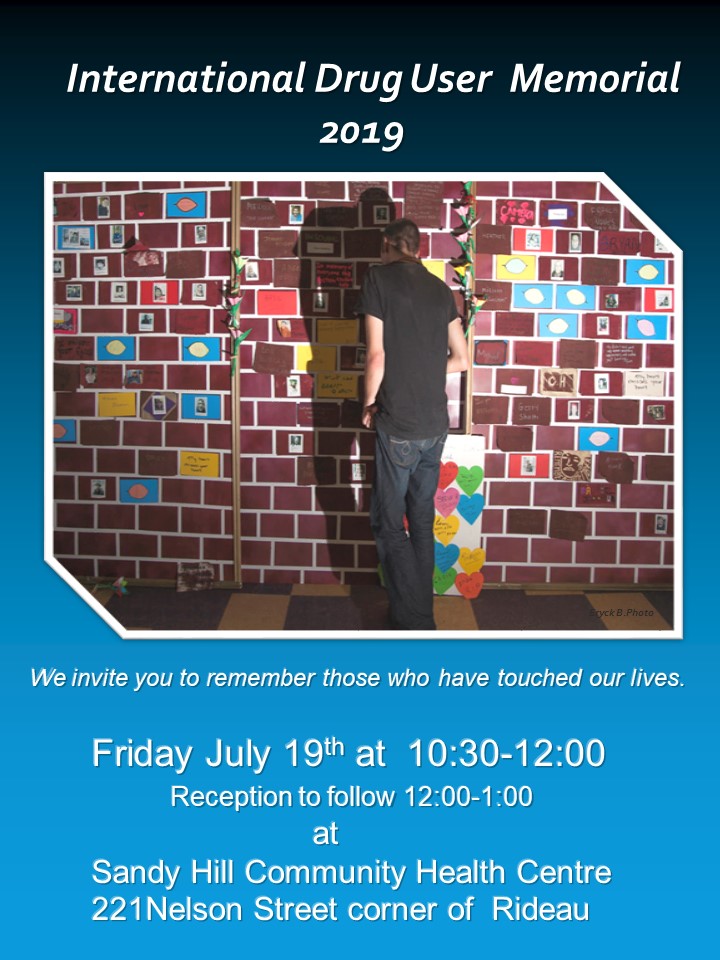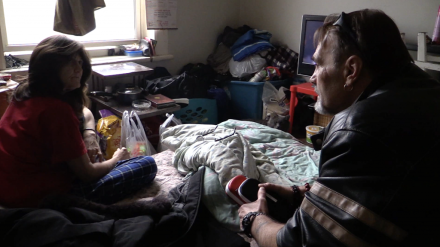In 2015, when deaths due to unintentional drug overdoses were rapidly rising in British Columbia, no one would have predicted that more than 4,500 people would die over the next four years. It wasn’t long before overdose deaths began to rise across Canada, with Alberta and Ontario hit particularly hard. Officially, more than 12,000 Canadians have died in the past three years and this is likely an under-estimation.
These numbers are staggering when compared with other recent epidemics. In 1995, the year before effective HIV treatment was available, 1,500 people died of AIDS. In 2003, 44 Canadians died of SARS. The impact of the overdose crisis has been so prodigious that life expectancy in Canada has actually fallen. While death statistics represent lives that are taken too early, the impact on the families, friends and communities left behind will be lasting.
As this public health catastrophe unfolds in full view, why is it not a major election issue? Why isn’t the public demanding action? The simple answer is entrenched stigma and discrimination, and a general perception that people who use drugs should just stop. The blame for the overdose crisis has fallen squarely on the very people who are dying. Basically, if people decide to get their drugs from unknown sources such as drug dealers, the internet, or a friend of a friend, they get what they deserve. Governments, policymakers and medical professionals have largely escaped any direct accountability. After all, what are they supposed to do if people will go to any extreme to purchase these dangerous substances?
What is entirely missing from this narrative is any reasonable discussion about pain, trauma, addiction and why people are using drugs in the first place. Instead of providing care, empathy and social supports, we have focused on abstinence, prohibition and a punishing criminal justice system. We have denied people basic social services and have created environments that basically lock people in. Those already suffering from trauma are re-traumatized over and over. For most, the response to this mistreatment is a spiral of isolation, despair and hopelessness. Many people see no way out; paradoxically it is the drugs that provide the only real relief.
What is entirely missing from this narrative is any reasonable discussion about pain, trauma, addiction and why people are using drugs in the first place.
While the political conversation should be focused on progressive and novel ways to deal with this crisis, we are mired in endless debates around issues that were settled decades ago. It is especially frustrating to see pushback on the programs that actually make a difference. The energies of experts and advocates are spent defending needle-exchange programs, supervised-injection sites, opioid-substitution therapy, naloxone distribution and supportive-housing projects. These critical harm-reduction interventions are proven to keep people alive and provide essential access points to care. Statements and actions by local, provincial and federal politicians that challenge, underfund and in some cases block these interventions are misinformed, punitive and demoralizing to the people who are on the front lines and actually making a difference.
Until we begin to change the policies and environments that perpetuate drug use, we will not make progress. The poisoned drug market has not only pulled back the curtain on the life and death struggles of people using drugs but has shown that current strategies are not enough. While the chance of surviving an overdose has improved due to current heroic interventions that can reverse an overdose, the risk of overdosing has not. As long as people are purchasing drugs of unknown quality and potency from street-based sellers who are supplied by criminal gangs, the risk remains high.
Federal parties must declare the overdose crisis a national health emergency. There should be clear goals to reduce overdose deaths and commitment to fund these efforts. For communities most affected, there must be detailed local emergency plans that will be closely monitored and where people are held accountable. Scaling up the harm-reduction tools that we do have must be a priority.
Ultimately what is needed are serious policy changes that put an end to prohibition and the criminalization of drug users, provide the housing and social supports that people can access, and, in the current poisoning crisis, access to a regulated and safe supply of opioids.
Dr. Mark Tyndall is a researcher and infectious diseases specialist and a professor at the School of Population and Public Health, University of British Columbia.
 DUAL (Drug User Advocacy League) of Ottawa was founded in the summer of 2010. DUAL’s members are active and former users and their allies. Visit the About section to learn more about DUAL.
DUAL (Drug User Advocacy League) of Ottawa was founded in the summer of 2010. DUAL’s members are active and former users and their allies. Visit the About section to learn more about DUAL.



